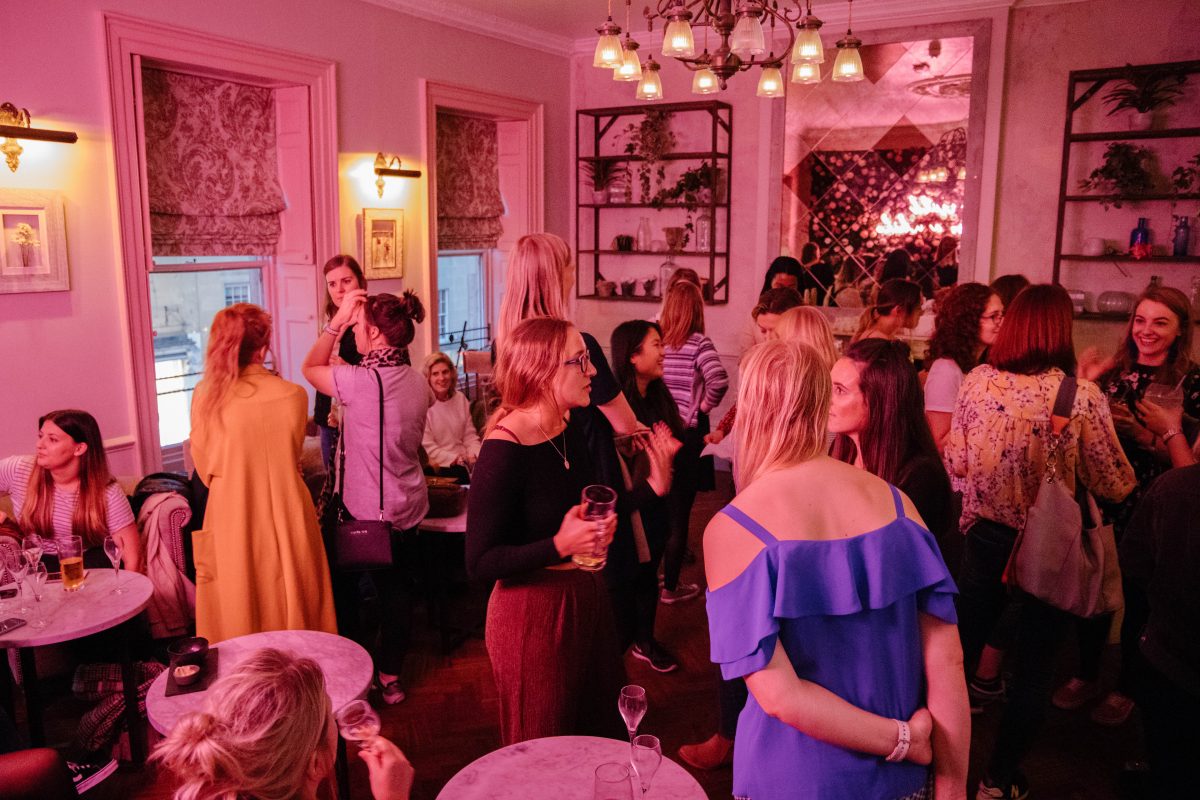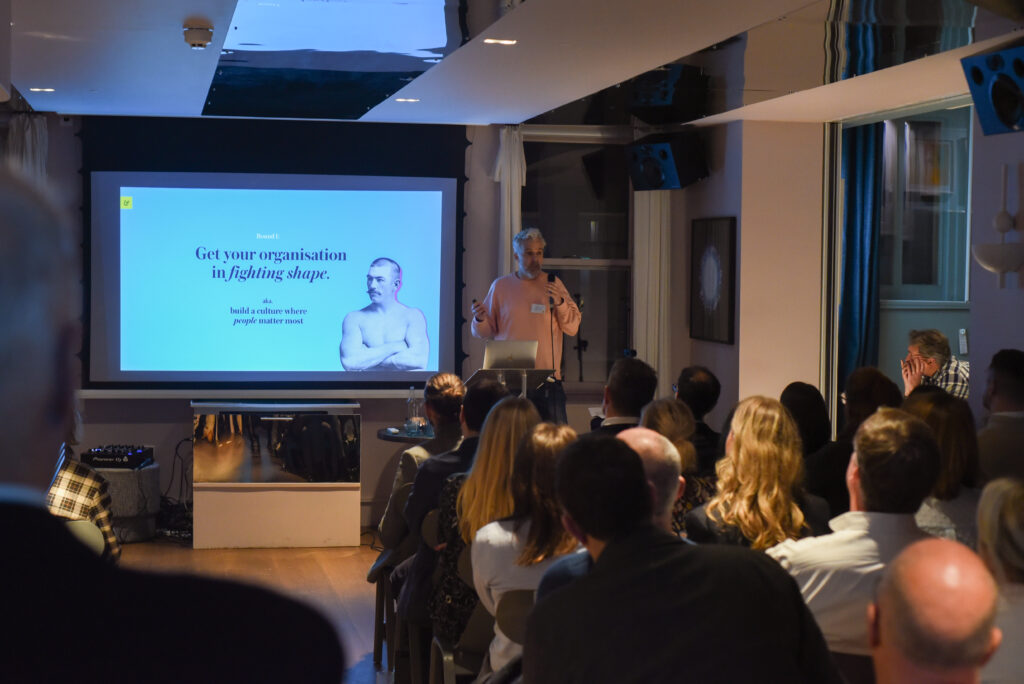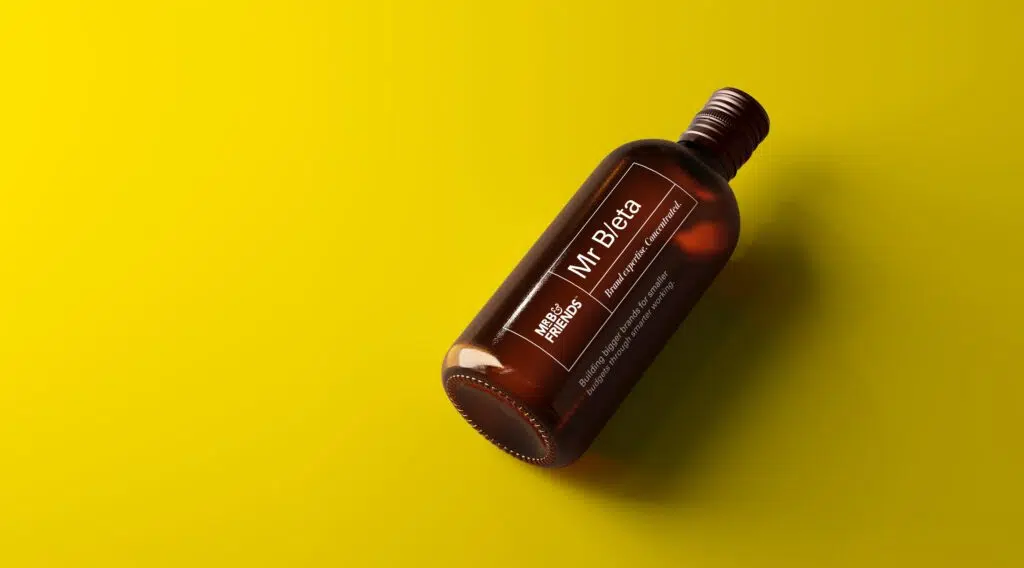Facts like…
Just 5 per cent of creatives are over 50, which should scare the pants off all of us. Experience be damned, only 20-somethings can do the cool stuff.
That 67 per cent of purchasing decisions are made by women, yet 88 per cent of advertising is created under the nurturing of male creative directors. Imagine the lost opportunity as our industry tries to second guess ‘what women want’.
That just 10 per cent of creative jobs are open to people looking for any kind of flexible working, as if landing a job in our business isn’t hard enough. Just think of all the talent and experience being tossed into the reject pile marked ‘no parents wanted here’.
I was astounded to watch a panel discussion of London agency leaders sweating over the prospect of people wanting to start early rather than leave late, or work 4.5 days instead of 5. I had no idea this was still a debate – we instituted flexible working years ago, and discovered to our great delight that we work with a group of grown ups who care about their careers as well as their home lives, and still work really bloody hard even if they need to do the school run.
It often surprises me how our industry – so forward thinking in the ideas it thrusts upon clients – still clings to ancient work culture. We need to change.
At Mr B & Friends we’re making a start. On top of our flexible working programme, we’ve started a diversity group to improve our employment practices and workplace environment, so that every talented person can feel at home here. Whatever their background or situation.
We have people across the business looking at
- Internal policies around inclusion
- Recruitment practices and job descriptions
- Outreach programmes with local schools to open up work placements to less privileged pupils
- Local events to bring our creative community together, such as Ladies Wine & Design organised by my colleague Sara Foley
- Mentoring and training programmes to lift people up
These are not simply employee perks, they are business opportunities – to find and promote the best talent, to better reach and understand our audiences, to make our work more surprising and more effective. It’s a mission we, as an industry, should all be invested in.






